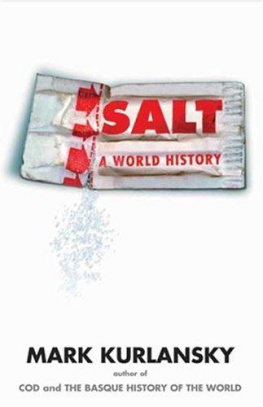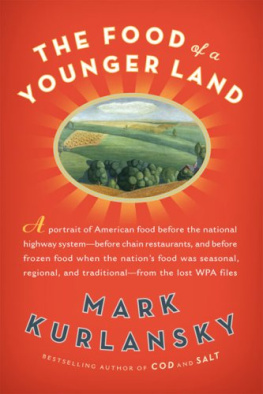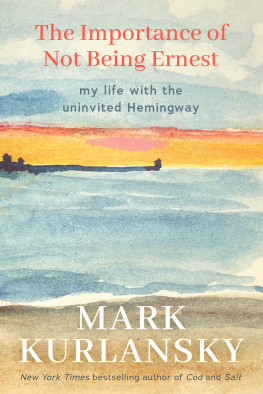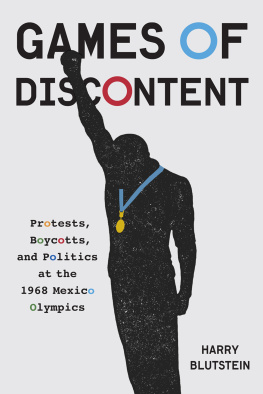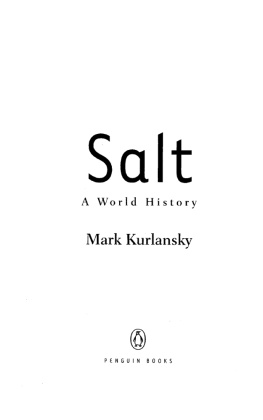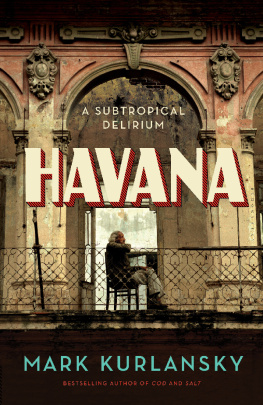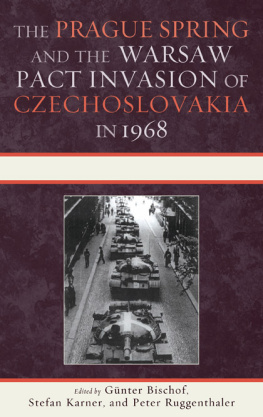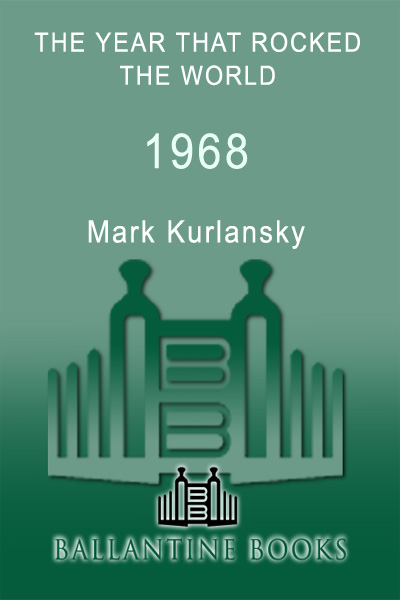
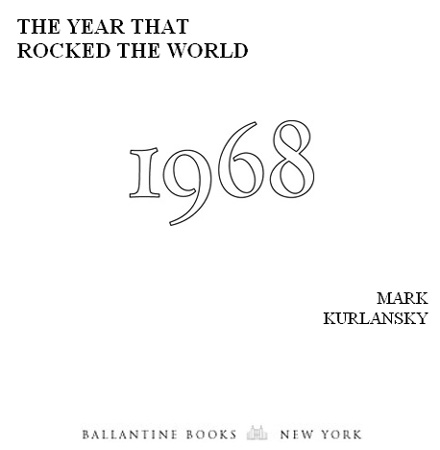
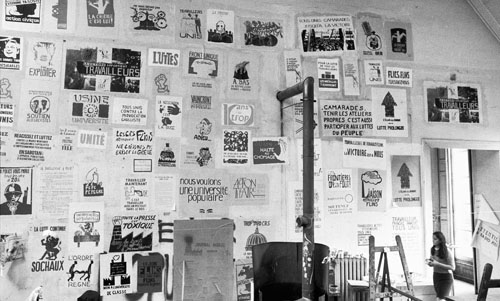
OVERLEAF: June 1968, cole des Beaux-Arts
(Photo by Bruno Barbey/Magnum Photos)
CONTENTS
The Winter of Our Discontent
The Week It Began
He Who Argues With a Mosquito Net
A Dread Unfurling of the Bushy Eyebrow
To Breathe in a Polish Ear
Prague Spring
On the Gears of an Odious Machine
Heroes
A Polish Categorical Imperative
Poetry, Politics, and a Tough Second Act
Sons and Daughters of the New Fatherland
Wagnerian Overtones of a Hip and Bearded Revolution
April Motherfuckers
Monsieur, We Think You Are Rotten
The Place to Be
The Summer Olympics
Places Not to Be
The Craft of Dull Politics
Phantom Fuzz Down by the Stockyards
The Sorrow of Prague East
The Ghastly Strain of a Smile
In an Aztec Place
The Fall of Nixon
Theory and Practice for the Fall Semester
The Last Hope
To my beautiful Talia Feiga;
so that she will know truth from lies, love life, hate war,
and always believe that she can change the world
ACKNOWLEDGMENTS
I want to express my deep admiration and profound gratitude to Walter Cronkite, Gene Roberts, and Daniel Schorr, who informed this book with countless invaluable insights and the wisdom they so generously shared from three most remarkable careers.
I also owe a great debt to Nancy Miller, my patient editor, who has been dreaming and thinking with me about this book for ten years; to Deirdre Lanning, who helped me through a cybernightmare; and to my absolutely incomparable agent, Charlotte Sheedy, who is the kind of sixties person I am proud to have as a friend.
Thanks to Alice Dowd of the New York Public Library for her help and cooperation, to Mary Haskell for generously sharing her poster collection, and to my friend Hanna Kordowicz for her help in Poland, Elzbieta Wirpsza for her Polish translation, my friend Krystyna Skalski and Andrzej Dudzinski for help in Warsaw, Mark Segall for his assistance, and Dariusz Stola for his insights into Polish history. Thanks to Peter Katel, Fernando Moreno, and Tito Ramirez Morales for help in Mexico City, and Chantal Siri and Chantal Regnault in Paris. Thanks to Marlene Adler for her help at CBS, Jane Klain at the Museum of Broadcasting, Sarah Shannon for help in research, and Deborah Kroplick, without whose help and enthusiasm I am not sure how I would have finished.
Thanks to my wife, Marian Mass, who helped me in a hundred ways and whose great heart renews my faith in the world, and to the memory of her sister, Janet Phibbs, who I think would have liked this book.
I am also deeply appreciative of the help given to me by Adolfo Aguilar Zinser, Ral lvarez Garn, Eleanor Bakhtadze, Franois Cerutti, Evelyn Cohen, Dany Cohn-Bendit, Lewis Cole, Roberto Escudero, Konstanty Gebert, Alain Geismar, Radith Geismar, Suzanne Goldberg, Myrthokleia Gonzlez Gallardo, Tom Hayden, Alain Kri-vine, Jacek Kuro, Ifigenia Martnez, Pino Martnez de la Roca, Lorenzo Meyer, Adam Michnik, Franois Pignet, Roberto Rodrguez Baos, Nina and Eugeniusz Smolar, Joanna Szczesna, and especially Mark Rudd for his time, hospitality, the use of his unpublished manuscript, and for his honesty.
And to everyone who said No! and most especially all those who are still saying it.
INTRODUCTION
THE YEAR THAT
ROCKED THE WORLD
One of the pleasures of middle age is to find out that one was right, and that one was much righter than one knew at say 17 or 23.
EZRA POUND, ABC of Reading, 1934
There has never been a year like 1968, and it is unlikely that there will ever be one again. At a time when nations and cultures were still separate and very differentand in 1968 Poland, France, the United States, and Mexico were far more different from one another than they are todaythere occurred a spontaneous combustion of rebellious spirits around the world.
There had been other years of revolution. 1848 had been such a year, but in contrast to 1968 its events were confined to Europe, its rebellions confined to similar issues. There had been other global events, the result of global empire building. And there was that huge, tragic global event, World War II. What was unique about 1968 was that people were rebelling over disparate issues and had in common only that desire to rebel, ideas about how to do it, a sense of alienation from the established order, and a profound distaste for authoritarianism in any form. Where there was communism they rebelled against communism, where there was capitalism they turned against that. The rebels rejected most institutions, political leaders, and political parties.
It was not planned and it was not organized. Rebellions were directed through hastily called meetings; some of the most important decisions were made on a moments whim. The movements were antiauthoritarian and so were leaderless or had leaders who denied being leaders. Ideologies were seldom clear, and there was widespread agreement on very few issues. In 1969, when a federal grand jury indicted eight activists in connection with the demonstrations in Chicago in 1968, Abbie Hoffman, one of the eight, said about the group, We couldnt agree on lunch. And though rebellion was everywhere, rarely did these forces come together, or when they did, as with the civil rights, antiwar, and feminist movements in the United States, or the labor and student movements in France and Italy, it was an alliance of temporary convenience, quickly dissolved.
Four historic factors merged to create 1968: the example of the civil rights movement, which at the time was so new and original; a generation that felt so different and so alienated that it rejected all forms of authority; a war that was hated so universally around the world that it provided a cause for all the rebels seeking one; and all of this occurring at the moment that television was coming of age but was still new enough not to have yet become controlled, distilled, and packaged the way it is today. In 1968 the phenomenon of a same-day broadcast from another part of the world was in itself a gripping new technological wonder.
The American war in Vietnam was not unique and certainly no more reprehensible than numerous other wars, including the earlier French war in Vietnam. But this time it was being pursued by a nation with unprecedented global power. At a time when colonies were struggling to re-create themselves as nations, when the anticolonial struggle had touched the idealism of people all over the world, here was a weak and fragile land struggling for independence while this new type of entity known as a superpower dropped more non-nuclear bombs on its small territory than had been dropped on all of Asia and Europe in World War II. At the height of 1968 fighting, the U.S. military was killing every week the same number of people or more as died in the September 11, 2001, World Trade Center attack. While within the movements in the United States, France, Germany, and Mexico there was tremendous splintering and factionalism, everyone could agreebecause of the power and prestige of the United States and the brutal and clearly unfair nature of the American war in Vietnamthat they opposed the Vietnam War. When the American civil rights movement became split in 1968 between the advocates of nonviolence and the advocates of Black Power, the two sides could come together in agreement on opposition to the Vietnam War. Dissident movements around the world could be built up simply by coming out against the war.
Next page


